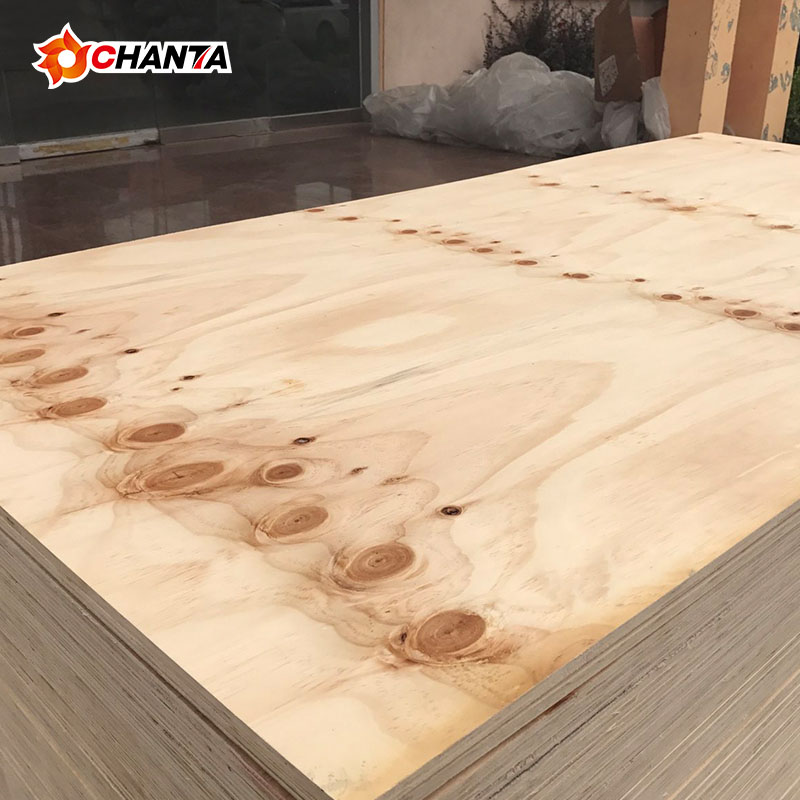When it comes to roofing, choosing the right plywood thickness is crucial. The strength and durability of the roof depend heavily on the material used. While 12mm plywood is popular for many construction projects, its suitability for roofing requires careful consideration. In this article, we’ll explore whether 12mm plywood can be used for roofing, its advantages, limitations, and factors to keep in mind when making your decision.
1. Is 12mm Plywood Strong Enough for Roofing?
12mm Roofing plywood, though relatively thin, offers moderate strength due to its layered construction. Its thickness can handle some weight, but for roofing, additional strength is often required to support external factors like weather and load. Roofs need to withstand wind, rain, and, in some areas, even snow loads. While 12mm plywood might be sufficient in regions with mild climates, it may not be ideal for areas prone to harsh weather. Roofing projects often benefit from thicker plywood, such as 18mm, to ensure structural stability.
2. Advantages of Using 12mm Plywood for Certain Roofs
In some cases, 12mm plywood can be a practical choice for roofing. For example, structures plywood, such as sheds, gazebos, or garages, may work well with this thickness, as these roofs are not typically subject to heavy loads. Here are some advantages of using 12mm plywood in specific roofing applications:
- Lightweight: Compared to thicker plywood, 12mm sheets are lighter, making them easier to handle and install. This can reduce labor time, especially for smaller projects.
- Cost-Effective: Since 12mm plywood costs less than thicker options, it’s a budget-friendly solution for non-residential structures or small outdoor buildings.
- Easy to Work With: This plywood is easier to cut, drill, and attach, making it a convenient choice for DIY projects or small-scale roofing.
These benefits make 12mm plywood a practical option for smaller roofing projects or temporary structures where load-bearing demands are minimal.
3. Limitations of Using 12mm Plywood for Roofing
Despite its advantages, 12mm plywood has some limitations when it comes to roofing. Understanding these limitations can help you make a well-informed decision:
- Limited Load-Bearing Capacity: Roofs in residential homes often require stronger support. Thicker plywood, like 15mm or 18mm, is typically recommended for roofs exposed to heavier loads.
- Reduced Moisture Resistance: Thinner plywood can absorb moisture more easily, leading to warping or swelling over time. For roofing, moisture exposure is inevitable, so a stronger, moisture-resistant thickness is preferable.
- Potential for Sagging: Over extended spans, 12mm plywood may sag under the weight of shingles or other roofing materials. Thicker plywood provides more stability and durability in these cases.
For long-term and permanent roofing, thicker plywood options generally provide better reliability and resistance to environmental stresses.
4. Factors to Consider When Choosing 12mm Plywood for Roofing
If you’re considering using 12mm plywood for roofing, it’s essential to weigh a few key factors:
- Climate Conditions: In regions with mild, dry climates, 12mm plywood can perform adequately on smaller structures. However, areas with frequent rain, snow, or high winds benefit from thicker plywood.
- Roof Span: For roofs with larger spans between supports, thicker plywood reduces the risk of sagging. If using 12mm plywood, consider adding extra support beams.
- Roofing Material: Some roofing materials, like lightweight metal sheets, may work better with 12mm plywood. Heavier materials, such as tiles or shingles, often need thicker, sturdier plywood for secure attachment.
These factors can help guide your decision when determining if 12mm plywood is a suitable choice for your roofing needs.
5. Alternatives and Recommendations
For roofing applications, consider alternatives if your structure requires more durability. 15mm or 18mm plywood is commonly recommended for residential roofs, as these thicknesses provide better strength and moisture resistance. Additionally, OSB (Oriented Strand Board) is an alternative to plywood, offering similar durability at a comparable cost.
When opting for thicker plywood, you ensure that the roof remains stable and can withstand environmental elements over time.
Conclusion
While 12mm plywood can be used for certain roofing projects, its limitations make it less ideal for residential roofs or larger structures. For small, temporary, or non-residential buildings, 12mm plywood can work effectively. However, for long-lasting durability and strength, thicker plywood is recommended for most roofing applications. Assessing your project’s climate, load requirements, and roofing materials will help you make the best choice for a secure and stable roof.














